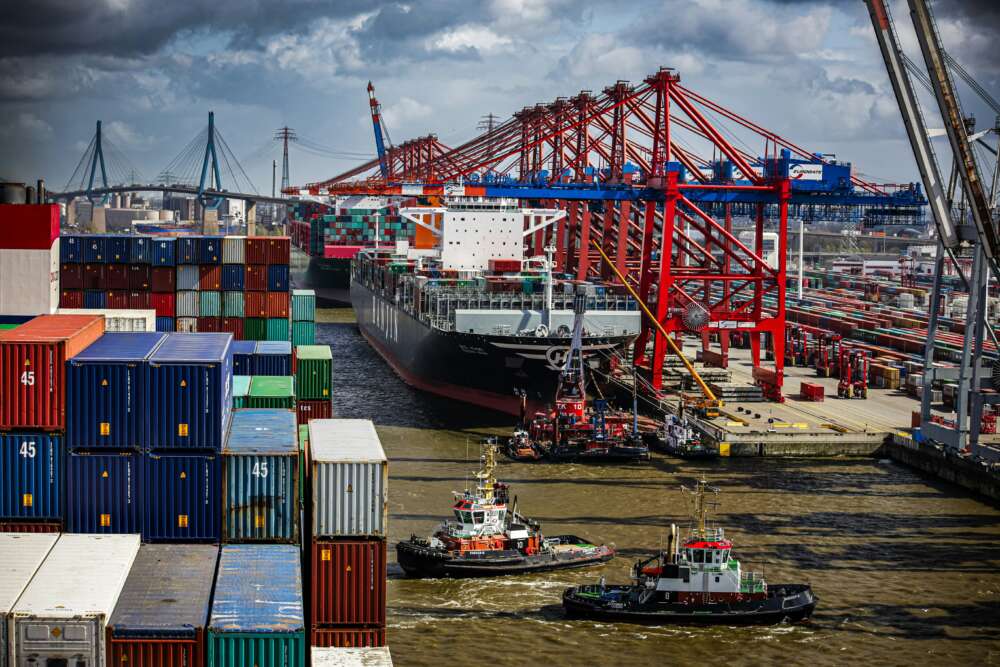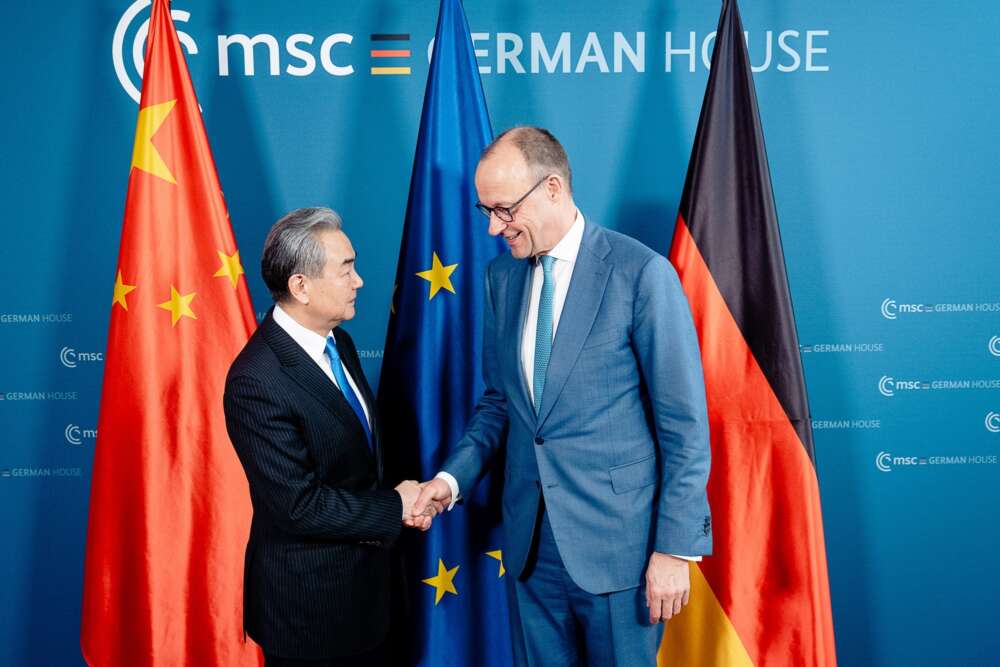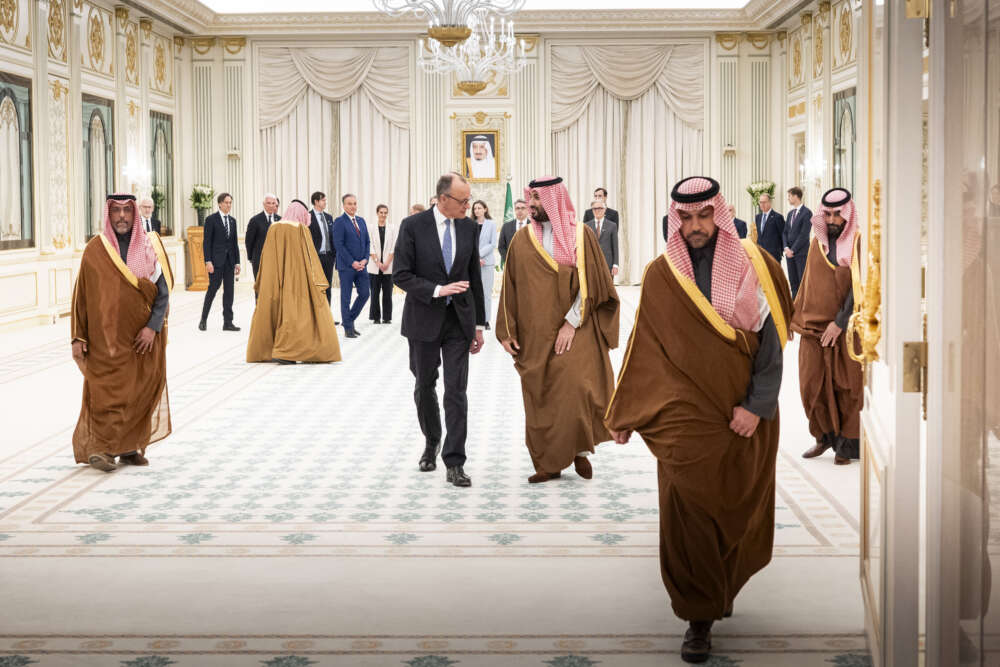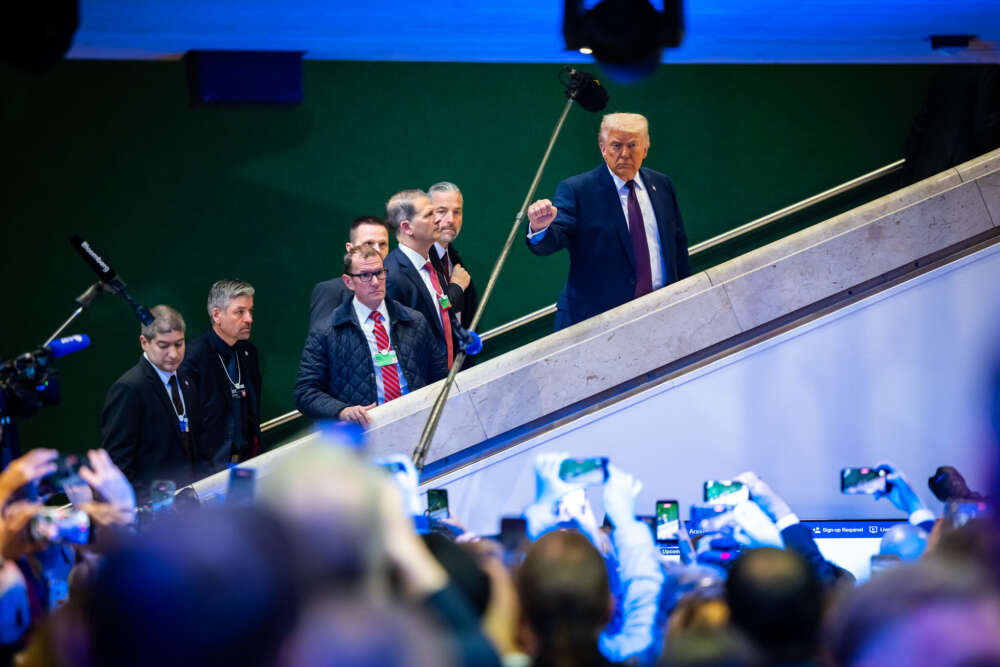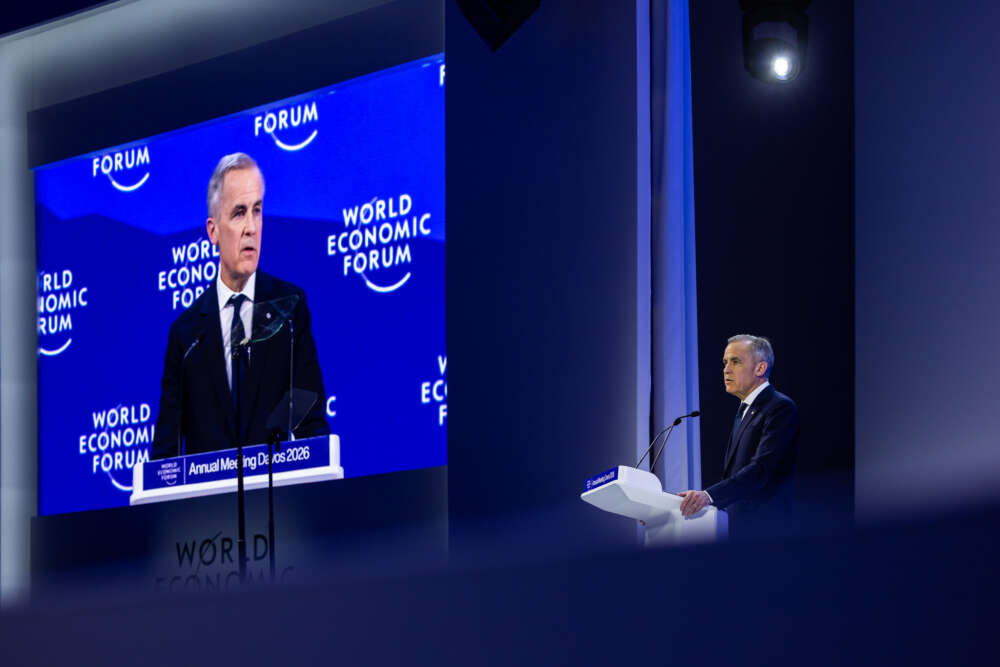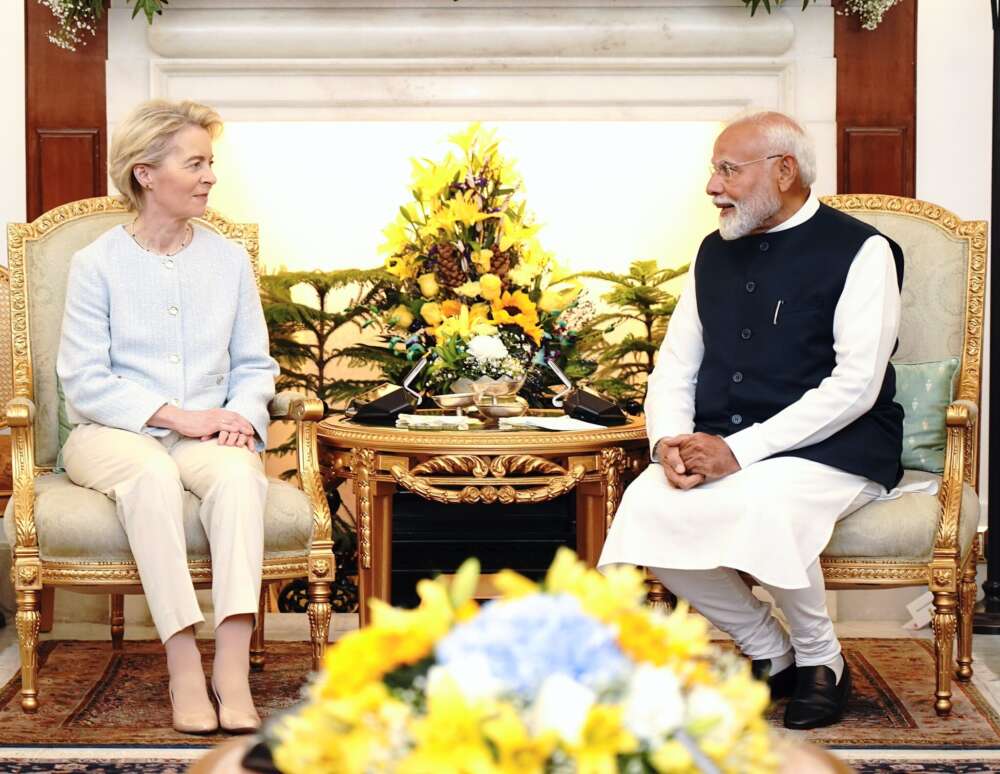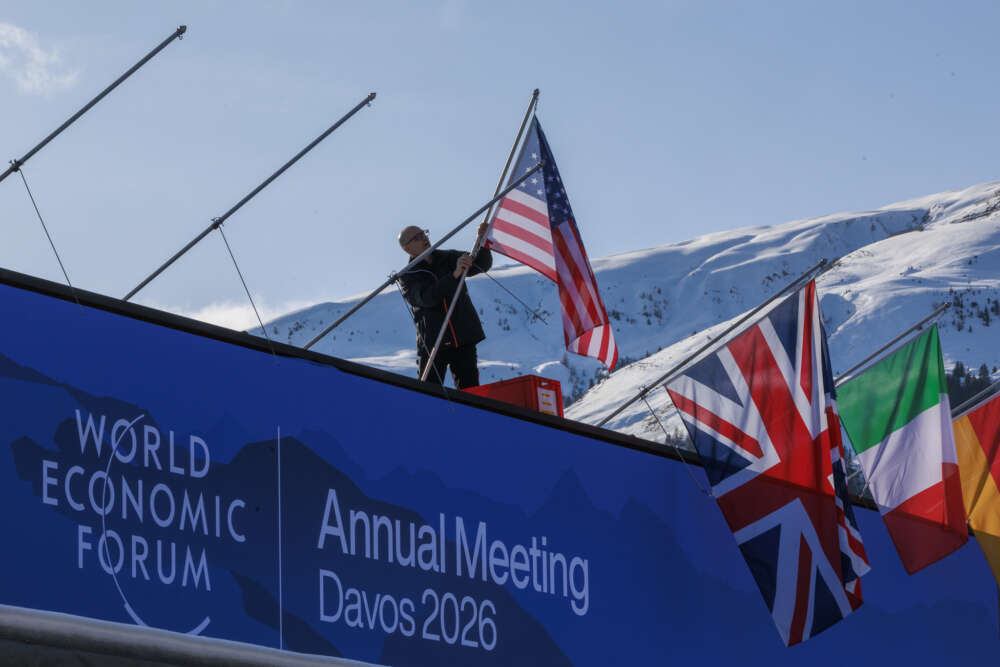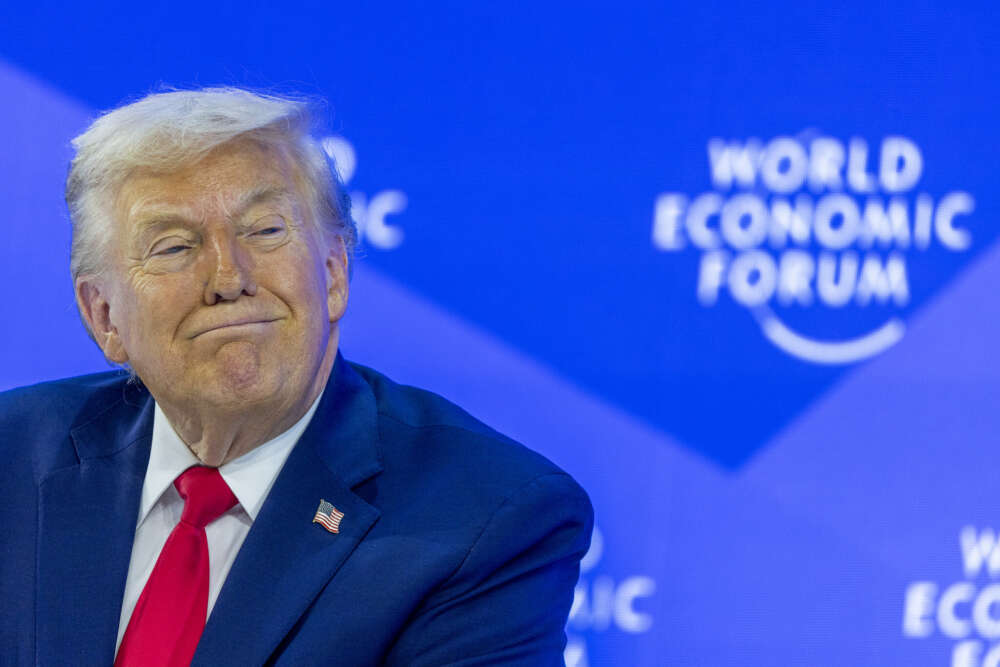NATO’s Precarious Revival
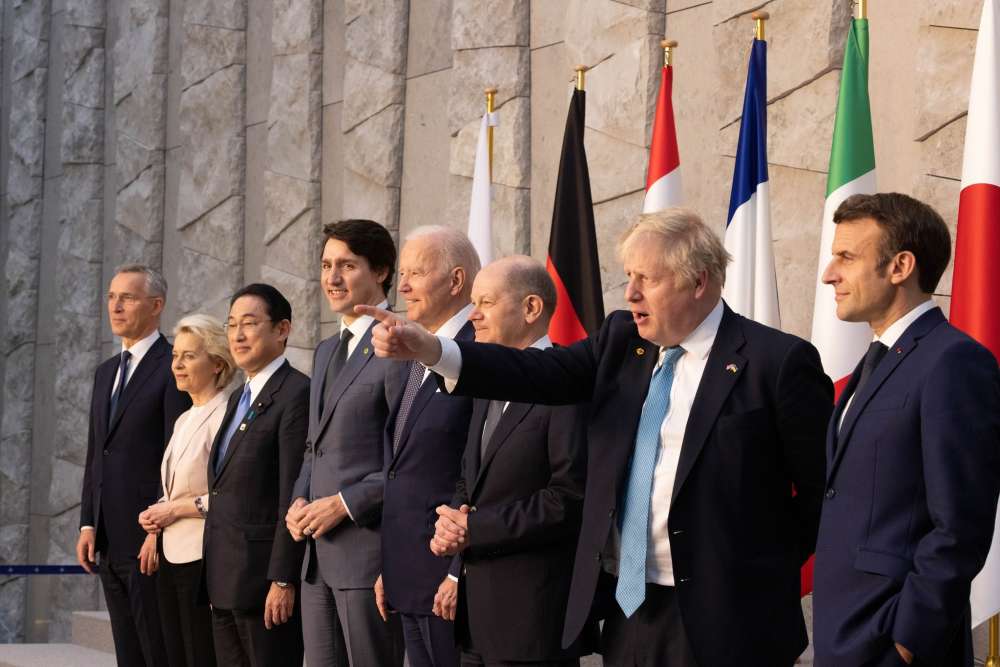
Less than three years ago, in November 2019, French president Emmanuel Macron famously declared the “brain death” of NATO with the US under Trump turning away from the Alliance. As a response he proposed two things: European strategic autonomy in terms of military strategy and capability as well as reopening the strategic dialogue with Russia to “re-appropriate our neighborhood policy”. Today, after the historic Madrid summit, NATO comes across as more vital than ever. It’s Macron’s ideas about strategic autonomy & dialogue with Russia that look brain dead. But we ignore the precarious foundations of NATO’s revival at our peril.
For sure, we should celebrate NATO’s achievements in response to Putin’s war of aggression: a concerted effort to support a Ukraine that is fighting with enormous courage & skill, beefing up NATO’s Eastern flank, adding two new members with serious militaries (Finland & Sweden), a German commitment to rebuild its military and a German re-commitment to nuclear deterrence, and a new strategic concept that also takes a clear look at the security challenges posed by China. But in all this, Europeans only matter as support actors. Yes, the European Union is crucial for sanctions. Yes, it’s leadership on part of politicians in Central and Eastern Europe and also in Germany that is central to rebuilding Europe’s military capabilities. The current revival of NATO hinges on one single person: US president ‘Joe’ Biden. It is the US that provides the bulk of military assistance to Ukraine and beefing up NATO’s Eastern flank. Biden’s team skillfully coordinated with its European allies that have gratefully accepted (even France) the unquestioned US leadership role responding to the Russian war of aggression.
There is little debate what a response to Putin’s aggression would have looked like with a different US president, for example during the Trump years. Most Europeans seem to take the current US role as the natural state of affairs. Maybe that is because grandfather Biden is such a familiar and reassuring figure who has been around forever and it is all too convenient to rely on the competent leadership of the hegemon from across the Atlantic in a time of existential crisis. And maybe that is because think about how Europe would have fared reacting to Putin’s war with Trump in office only throws you into a deep depression.
However unsettling, Europeans need to start preparing for a post-Biden America today. Even in the best case, with a moderate Democrat or Republican successor to Biden, things will likely be very different for Europe. Biden will go down in history as the last transatlanticist president with deep cold war experience and an emotional commitment to Europe. Any successor will likely find Biden’s recommitment to European security (also with additional troops) questionable in light of the need to deal with both problems at home and, more importantly, China which the US sees as its main opponent. Putin will ultimately not stop US reorientation to the Indo-Pacific. So even in the best case Europe will be able to rely much less on US leadership to take care of security of its neighborhood. A US turn away from democracy to a Trump type of authoritarian nativism would of course have far more dramatic consequences for Europe. Given the domestic trajectory of the US, Europeans can no longer be sure US is there for them as a security provider in 10 or 20 years.
Ironically, what prompted Macron to voice his call for investing in European strategy autonomy should still very much be a concern for Europeans. Unfortunately, Europeans today seem even more divided and unwilling to prepare for a post-European US and a post-American Europe. And Macron himself has been unable to provide answers that would address the trust deficit in Central and Eastern Europe. Rather Scholz and Macron have increased the deficit over the past months. Three years ago, Macron said: “If we don’t wake up […] there’s a considerable risk that in the long run we will disappear geopolitically, or at least that we will no longer be in control of our destiny.” That risk has only increased over the past years. Preparing for a Europe without grandfather Biden is just one of the necessary steps to avoid this scenario.
This commentary was originally published in Agenda Pública – El Pais on July 01, 2022. A Spanish version was also published on July 02, 2022.
